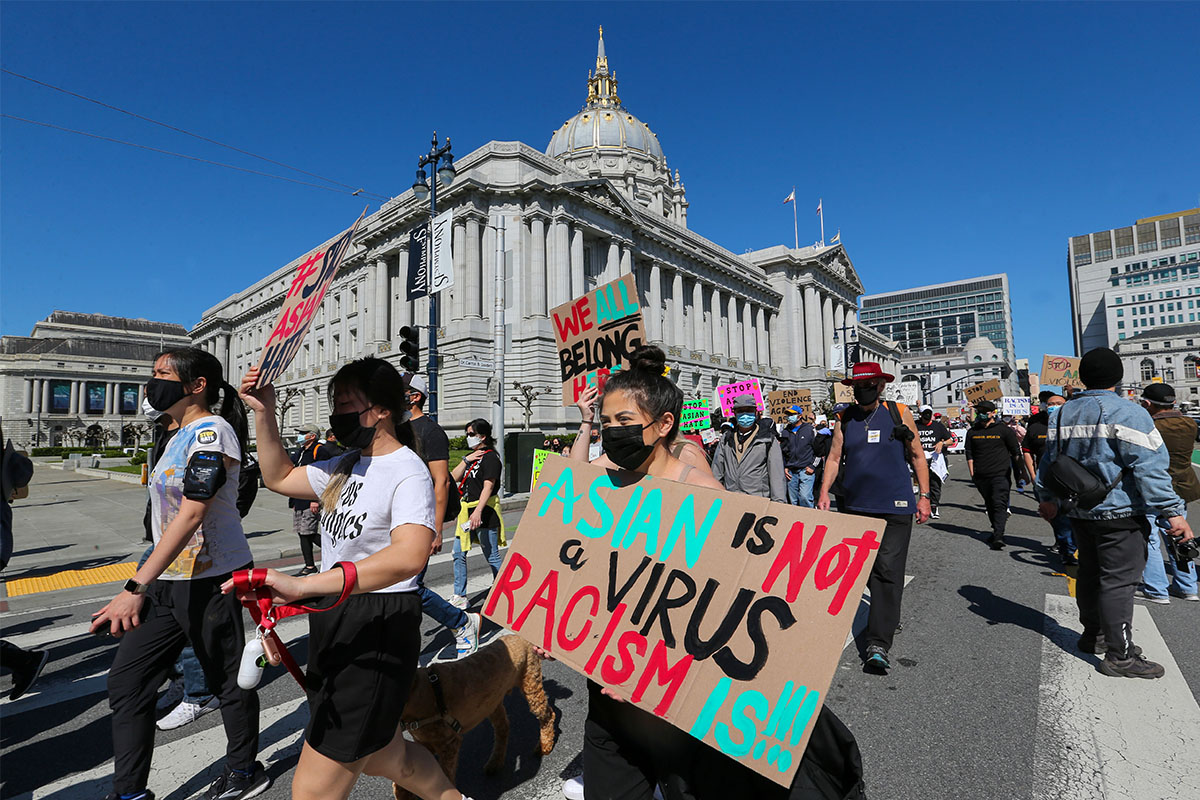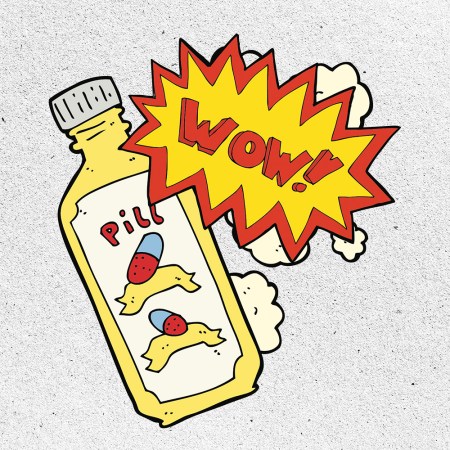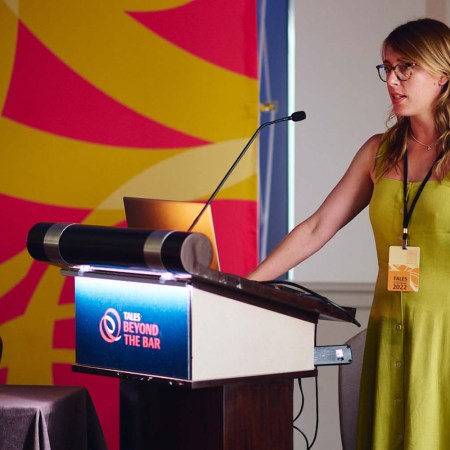According to research by the Asian American Psychological Association, anxiety amongst the Asian American population increased by at least 30% during the pandemic.
That’s par for the course for this pandemic — pretty much every single demographic and cohort has seen an increase in anxiety and depression over the last 20 months — but it’s been noticeably apparent in the Asian American community, which A) is traditionally more guarded on the topic of mental health, and B) has had to deal with constant racist, retrograde comments concerning “who caused the virus” since it arrived in March of last year.
Stop AAPI Hate, a coalition which tracks incidents of hate and discrimination against Asian Americans and Pacific Islanders in the United States, reported over 9,000 cases between March 19, 2020 (the week following the pandemic’s unofficial arrival in America) and June of this year. They’ve come in various forms — from sidewalk verbal abuse, to random assaults, to the Atlanta spa shootings, which killed eight and left one injured.
Taken together, they explain why a third of Asian American adults are currently living in fear of “being threatened or physically attacked.” A United States Census poll, meanwhile, revealed that “Asian American households were twice as likely as white households to admit they didn’t have enough food throughout the pandemic because they were afraid to go out.” Anni Chung, president and CEO of San Francisco-based Self-Help for the Elderly, told NPR last August that Asian Americans were “[hit with a] second virus that is a hate virus.”
There has been a legislative response to this trend — President Biden signed the COVID-19 Hate Crimes Act into law last May — but in order to truly process both the pandemic and the hatred it’s uncovered, Asian Americans have turned to therapy like never before. As The New York Times reports, Asian American psychotherapists who “understand the culture” are in high demand at the moment.
Over time, experts suggest, this could prove a positive trend for the Asian American community. Asian Americans, along with other ethnic minority groups, are more likely to stigmatize mental health. (European Americans, by contrast, are the least likely.)
And while Asian Americans are the last people responsible for the disgusting, shameful incidents that have been perpetuated against them for decades — going all the way back to Japanese internment camps during WWII, or the treatment of Chinese immigrants during the construction of the transcontinental railroad — save-face stoicism isn’t the answer. It only stands in the way of real, effective psychological help.
If you’re interested in supporting groups fighting for Asian Americans, please check out:
- Asian Americans Advancing Justice
- Asian American Feminist Collective
- Asian Mental Health Collective
- Stop AAPI Hate
- Red Canary Song
Whether you’re looking to get into shape, or just get out of a funk, The Charge has got you covered. Sign up for our new wellness newsletter today.


















